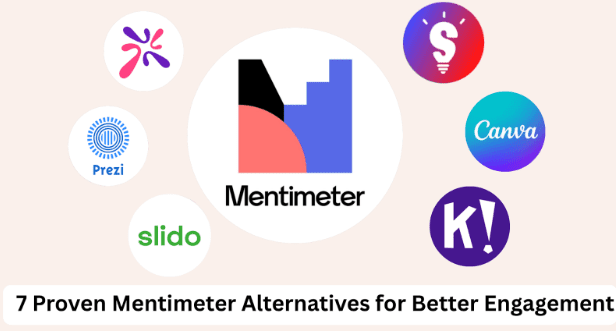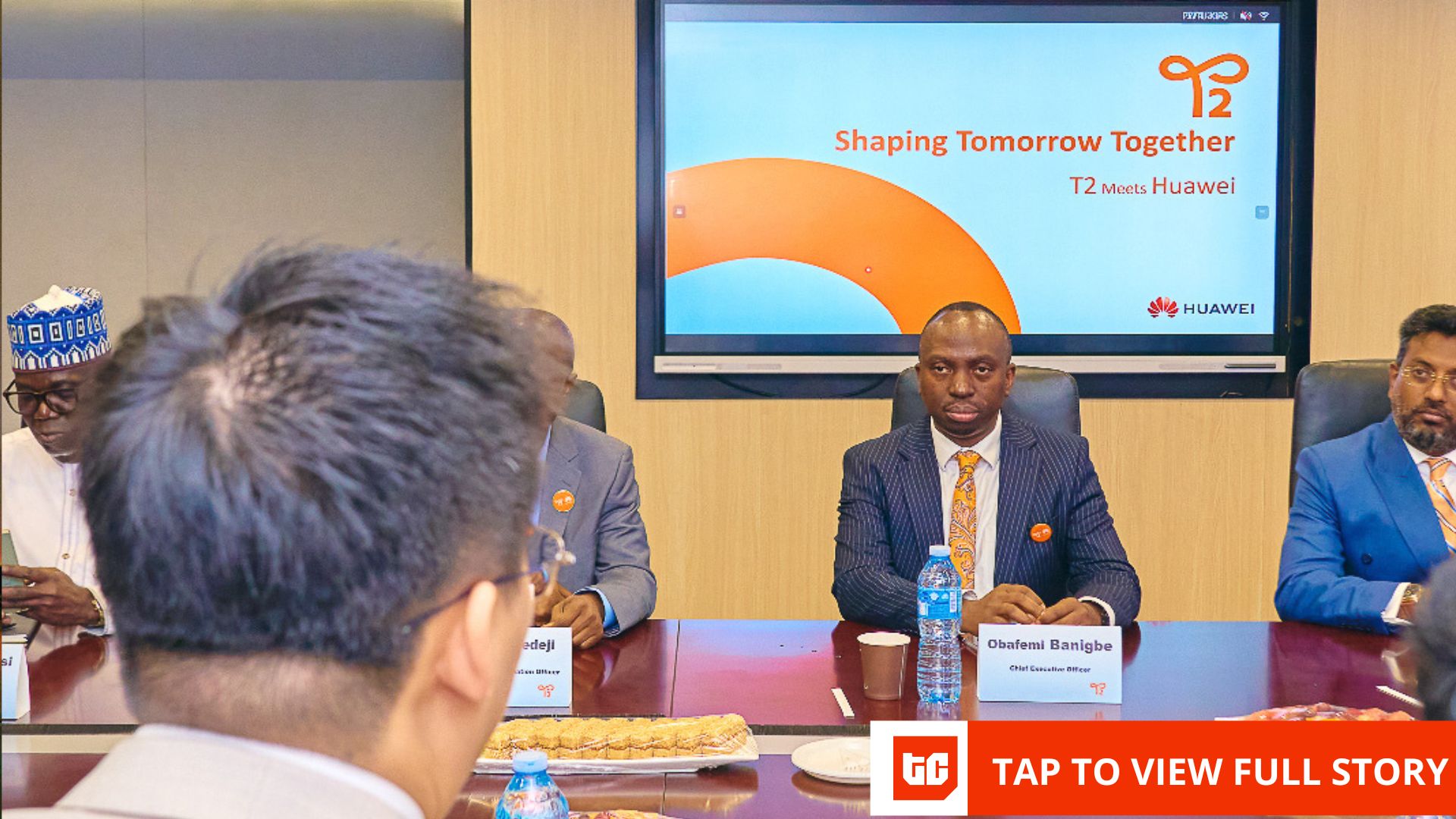William Nwogbo still remembers the phone call. One of the talents ProDevs had placed with a foreign company, a developer from somewhere outside Lagos, rang him with news. He’d built a house in his village. And he was building another in Lagos.
“I was like, wow,” Nwogbo recalls. “Even I myself have not started building, but you’re building.”
It’s the kind of impact that might catch some founders off guard because it inverts the typical startup success story where founders cash out and employees get leftovers. Here, the mission—making invisible talent visible and creating pathways to prosperity—is working exactly as intended, even if it means the wealth gets distributed before it concentrates at the top.
This is not the story ProDevs tells on its homepage. But it’s the story that defines what the company has become: a bridge between Nigeria’s hidden technical talent and the global companies desperate to hire them, built on a thesis that Africa’s real problem isn’t a talent shortage, it’s a discovery problem.
Day 1: The friend who changed everything
The spark that became ProDevs came in 2014, but not in the way Nwogbo expected. Fresh out of university, he was doing what thousands of Nigerian graduates do every year: applying to jobs on every platform, sending CVs into the void and hearing nothing back until a friend intervened.
“A friend of mine introduced me to a company called Andela,” Nwogbo says. The friend vouched for him, told the company Nwogbo was worth a shot. Nwogbo was given a test to complete in 48hours. He finished it in four, and got the job.
“For me, the theme behind it was a friend had to introduce me to that company, telling them that this person is a good engineer and it’s worth giving him a chance at least to see if he’s good enough,” Nwogbo reflects. “And it made me think: there are many people out there that are looking for positions, and they don’t necessarily have someone who is speaking for them.”
That insight that talent exists, but access is gatekept, would become the entire foundation of ProDevs. But first, Nwogbo had to spend years working in the industry, watching the problem play out at scale.
By 2018, Nwogbo had co-founded a software development consultancy called Future Tech with his co-founder, Faith Dike. They were building products for clients, doing well enough, but they kept noticing something strange in the market: Nigerian companies weren’t hiring. They were poaching.
“Access Bank would poach from GT Bank, this bank would poach from the other bank,” Nwogbo says. “And we’re not talking about senior positions here. We’re talking about mid-level, junior positions.”
Nobody was spending time discovering talent. Everyone assumed the best people were already employed somewhere else, so they’d just steal them. Meanwhile, exceptional developers in Jos, Enugu, Imo—outside the Lagos-Abuja axis—were invisible. Cheaper, too.
“These guys were not seeing access to those opportunities, and they were not as expensive as developers in major cities like Lagos and Abuja,” Nwogbo notes.
By 2020, Future Tech had pivoted entirely. The consultancy became ProDevs, a talent marketplace designed to solve one problem: help companies discover the people who’ve been there all along.
“And it made me think: there are many people out there that are looking for positions, and they don’t necessarily have someone who is speaking for them.”
The grind: Bootstrapped in a boom
Launching a recruitment platform in 2020 was either perfect or terrible timing, depending on how you looked at it. The pandemic had just hit. Remote work was suddenly viable. Every other founder with a laptop was promising to connect Nigerian developers to dollar-paying jobs abroad.
The space was crowded.
“There were a lot of companies promising they would put people in dollar jobs,” Nwogbo says. “The space was saturated.”
But Nwogbo and Dike had advantages that others didn’t. They were engineers themselves—Dike was a product manager, so they could spot good talent from bad. They’d spent years in the trenches, so they understood what companies actually needed versus what they said they needed. And most importantly, they understood the economics of recruitment.
“We took our time to study the market,” Nwogbo explains. “We learned really early that in recruitment, different clients are different strokes.”
But then there was outsourcing, the monthly revenue stream that kept the lights on. “Outsourcing is typically monthly,” Nwogbo says. “You’re generally making money on a monthly basis.”
Their first client was Andela. Their first placement was a developer from Imo or Owerri, Nwogbo’s memory is hazy on the exact city, who got relocated to Lagos to work with Interswitch. That developer became proof of concept. If they could find one person and change their life, they could find more.
By the end of 2020, ProDevs had generated ₦20 million in revenue, which was not bad for a bootstrapped startup. But the real test wasn’t revenue; it was trust.
Day 500: The trust tax
Building a recruitment platform in Nigeria, the founders soon found, comes at a cost. “When we started going into the international space, one of the things people would ask is: why should I trust anything coming out of Africa?” Nwogbo says. “The whole Nigerian fraud thing was in the news, and people are like, why should I trust that you would get me talent that will not jeopardize my code or do something dubious in my business?”
It’s the invisible barrier African startups pay at the border: every deal starts from a deficit of trust, and you have to earn your way back to zero before you can even begin to sell.
ProDevs handled it the only way you can, by being obsessive about quality. They built a multi-stage vetting process that was, by Nwogbo’s own admission, almost painfully thorough.
“When a talent comes into our platform and fills out all the information, we have a team that vets,” Nwogbo explains. “We check their CVs, LinkedIn profiles, GitHub profiles. For designers, their Behance profiles. We have what we call a talent framework that tells us the engineering level of that particular talent.”
A developer could sign up claiming to be senior and get downgraded to mid-level after the prevetting. Then came technical tests. Then a final conversation with ProDevs’ engineering manager. Only after all that would a candidate get in front of a client.
“Once you’ve done that first-level vetting, subsequent ones become faster,” Nwogbo says. But that first pass? Brutal.
The vetting worked, but it created a new problem: what happens when someone slips through?
Two years ago, a UK company reached out. A founder had heard about ProDevs and wanted to hire one person to start. ProDevs placed someone exceptional. The company came back and hired four more people.
But in that second batch, there was a bad actor.
“There was a particular person who scaled through our vetting process,” Nwogbo admits. “Sometimes people can be so great at interviewing, so great at passing vetting, but when it comes to the work, they don’t have the right attitude.”
The talent lasted two weeks before getting fired. But here’s what mattered: the company didn’t cut ties with ProDevs. They had three other developers already doing great work, so they trusted the process. They even kept hiring.
“We’re always very stringent, especially when it’s a new relationship,” Nwogbo says. “But there are times when there will be bad actors. It’s just how you manage the relationship.”
Still, that experience reinforced a lesson: in a marketplace business, you’re only as good as your last placement.
“Sometimes people can be so great at interviewing, so great at passing vetting, but when it comes to the work, they don’t have the right attitude.”
The Blacklist
ProDevs does something most platforms don’t: it blacklists everyone.
Ghosting clients? Blacklisted. Talents who misbehave, combine jobs without approval, or fail to deliver? Blacklisted. A minimum of 6 months before you can apply for another role on the platform.
“We are one company that blacklists both clients and talents,” Nwogbo says. “If you misbehave, you’re blacklisted. You can’t get any opportunity on our platform—can’t get access to contracts, full-time roles, or gigs.”
It’s a hard stance, especially in Nigeria’s relationship-driven business culture, where burning bridges can mean losing referrals. But Nwogbo and Faith saw it differently: if you let bad actors slide, they poison the well for everyone else.
“When you go into a community, people speak,” Nwogbo notes. “When you deliver good work, they tell others. But if a talent goes in and does something wrong, it closes the door for other talents coming.”
The blacklist policy became a trust signal. Clients knew ProDevs wouldn’t waste their time with unvetted candidates just to close a deal. Talents knew that the platform’s reputation was staked on their performance, so only serious people applied.
Dike, who leads operations, saw it as basic accountability. “We don’t make it seem like you’re speaking with ProDevs,” she says. “We personalize your experience. But we also have a code of conduct, and we don’t play with it.”
Day 1000: The conundrum
Nwogbo has a frustration he can’t quite shake: Nigerian companies keep saying there’s no talent in Africa, while simultaneously exporting billions of dollars’ worth of African talent abroad.
“When people tell me that Africa doesn’t have the talent they’re looking for, I challenge that,” Nwogbo says, his voice sharpening. “A lot of companies are coming down here to pick our talent and work with them. We are exporting our technology outside of Africa. We’re spending billions exporting our technology. So it feels like a conundrum.”
On one side, developers are leaving because they’ve grown beyond what local companies will pay. “There are people that grow to a point where even the best companies in Nigeria can’t pay them anymore, especially if you’re looking at the current salary scale,” Nwogbo explains. “So they Japa and get better opportunities.”
On the other side, companies complain they can’t find the talent they need, then turn around and hire from India, Ukraine, or the Philippines.
“The guys you need are within the country,” Nwogbo insists. “Make them a good offer and you get them. But what we’ve seen is most people would rather spend that money outside the country than within. And within the country, they want to spend peanuts.”
The dynamic creates a doom loop. Good talent leaves. Companies point to the brain drain as proof there’s no talent. The cycle continues.
Nwogbo doesn’t hesitate when asked what he’d tell his 2020 self.
“Do more experiential sales and focus more on the numbers,” he says. “Track the numbers more closely.”
“The numbers don’t lie,” Nwogbo says. “When you look at the numbers, you know exactly what is working, and you double down on it. I wish I had done that a lot earlier. The scale would even be much bigger than what it is right now.”
Dike’s answer is simpler: “We should have started earlier.”
She sees the business as a way of life now, and the earlier you start learning, the better. “Entrepreneurship is hard,” she acknowledges. “You will cry at night, and there are days you don’t know how to pay salaries. But my advice is to start now. Start early. You need to learn from the process early.”
Today, ProDevs has a talent pool of over 15,000 developers, designers, and product people. They’ve built proprietary software—both a marketplace platform and an assessment tool they’re now licensing to other recruitment companies. They’ve placed talents who’ve gone on to build houses, take their families on vacations, and transform their communities.
But the goal is bigger than ProDevs alone can achieve.
“Our goal is to enable the hiring of 50 million people between now and 2040,” Nwogbo says. It’s an audacious number—so large that even he knows it sounds absurd. But the plan isn’t to place 50 million people directly. It’s to build the infrastructure that makes it possible.
“We want to be a driver of that through our technology,” Nwogbo explains. “We’re building tools that will enable us and others to achieve that collective goal.”
They’re thinking beyond tech talent now. The vision includes identifying talent early—at primary and secondary school levels, planning career paths long before university. They want to become the rails for Africa’s talent economy, the invisible infrastructure that makes discovery automatic instead of accidental.
“A lot of people think we’re a recruitment company,” Nwogbo says. “But we’re actually a technology company that enables hiring.”
It’s a subtle distinction, but it matters. Recruitment companies optimize for placements. Infrastructure companies optimize for scale. And scale is what’s needed if the goal is to prove, once and for all, that Africa’s talent problem was never about supply.
It was always about discovery. ProDevs is betting that discovery, not extraction, is the model that scales. Four years in, the bet is working.










